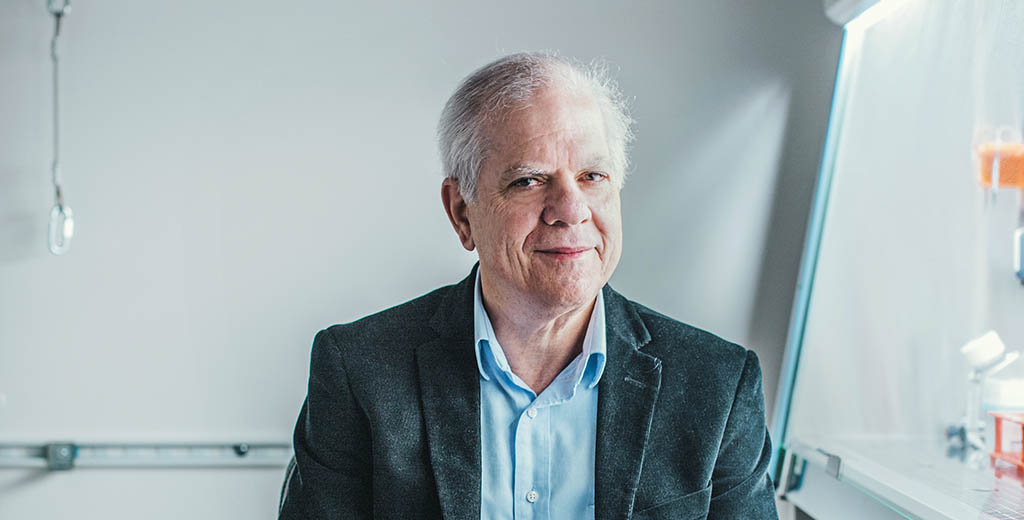When the prostate cancer drug, Provenge, was introduced in 2010, it was quite the sensation. The drug was the first approved to use the power of immunotherapy to combat cancer -- in this case, for men with advanced prostate cancer that has spread to other parts of the body.
"In 2010, people thought this would just open the floodgates," Sandy Srinivas, MD, professor of urologic oncology at Stanford, told me. "Every patient would get Provenge, and this would be the wonder drug."
The medication took advantage of the unique properties of an immune cell known as the dendritic cell. Edgar Engleman, MD, longtime director of the Stanford Blood Center, foresaw the potential of dendritic cells early on. In the 1980s, he and his colleagues found a way to engineer them to attack cancer, successfully testing the approach in some very small clinical trials. Decades later, that early research led to the development of Provenge, which became the first immunotherapy drug the federal Food and Drug Administration approved for use in patients.
Despite initial enthusiasm about the medication, however, it did not fare well in the market for a variety of reasons, detailed in my story in the latest issue of Stanford Medicine magazine.
While Provenge foundered, other immunotherapy drugs took the field by storm, and the concept of using the body's immune system to fight the disease has become the hottest area of cancer research and treatment today. Provenge is now enjoying a revival, thanks to a large new clinical trial that will test it in men with early cancer, a point in which some clinicians believe it will be most useful.
"This is a drug we should be using earlier. When you have a patient progressing with cancer that's behaving aggressively, this might not be the right treatment, but if you have a patient with a very slow-growing cancer, that's where this type of treatment could work the best," said Larry Fong, MD, leader of the Cancer Immunotherapy Program at UCSF.
"That patient's immune system will be in better shape, which is what you need for a treatment like Provenge. You need a runway for the immune system to kick in."
Fong was an oncology fellow at Stanford and worked with Engleman when he did the foundational research on the drug. Engleman has continued the work and recently has developed a technique that combines anti-tumor antibodies with dendritic cells to stimulate the immune system to target cancer. He has formed a company, Bolt Biotherapeutics Inc., that aims to test the technique in clinical trials beginning later this year.
"I still believe in the approach of taking advantage of these powerful cells," Engleman said. "So we can rev up the immune system, knock down cancer and ultimately win."
Photo by Timothy Archibald




